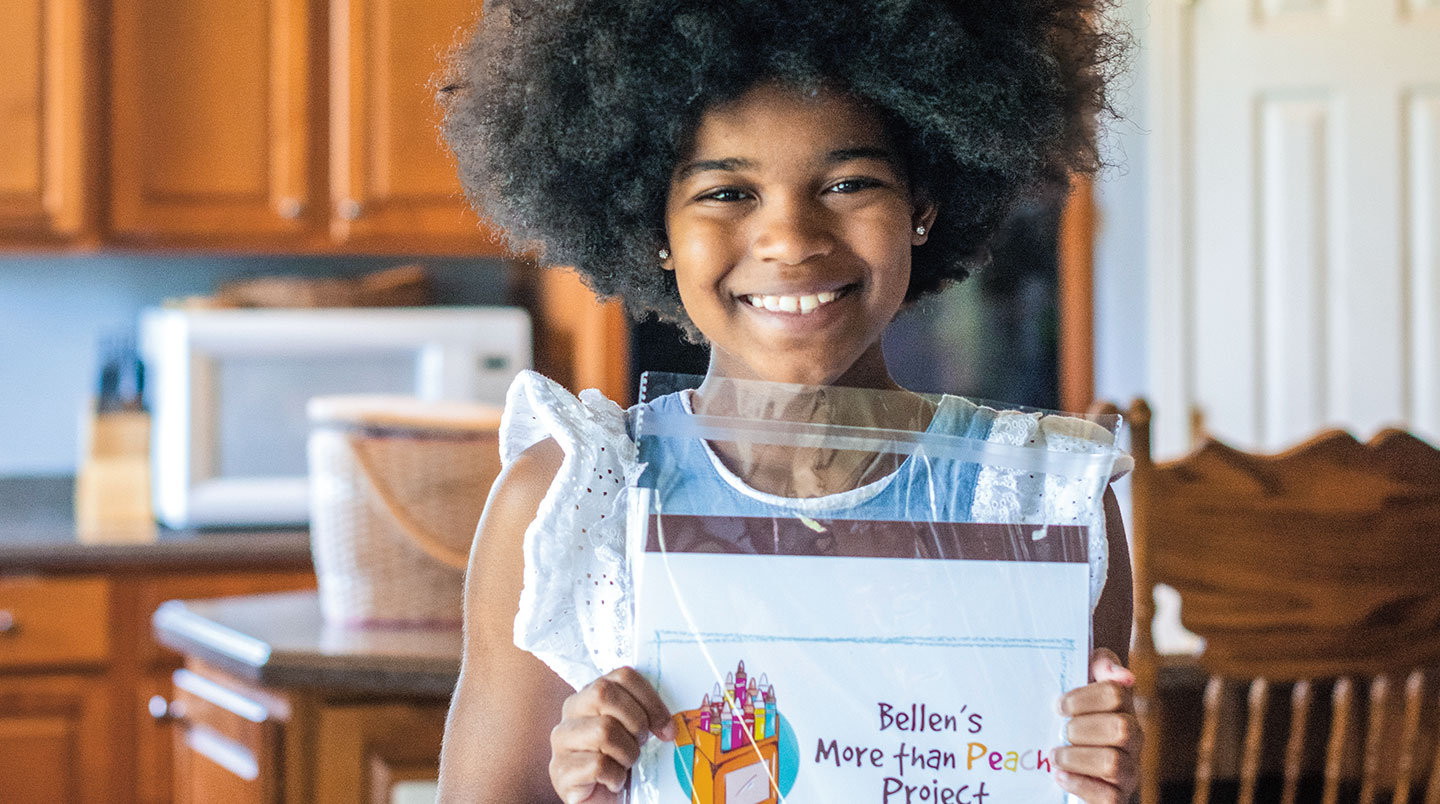When Bellen Woodard was in third grade, a classmate asked her a question. She had heard it many times before. You might have too.
“Would you please pass the skin-colored crayon?”
As usual, Bellen handed the peach crayon to her friend. But this time, something bothered her. She was the only Black girl in her grade. While peach matched most of her classmates’ skin colors, it didn’t match hers. So why did everyone call it the skin-colored crayon?
“It made me kind of feel not as important,” says Bellen, who’s now in fifth grade. “Like there’s only one skin color.”
She wanted her friends to stop thinking of peach as the only skin color. Different kids needed other crayons to draw themselves. But how could she change the way her classmates thought about skin color?
When Bellen Woodard was in third grade, a classmate asked her a question. She had heard it before. You might have too.
"Would you please pass the skin-colored crayon?”
Bellen handed the peach crayon to her friend. But something bothered her. She was the only Black girl in her grade. Peach matched the skin color of most of her classmates. But it didn’t match hers. So why did everyone call it the skin-colored crayon?
“It made me kind of feel not as important,” says Bellen, who’s now in fifth grade. “Like there’s only one skin color.”
She wanted her friends to stop thinking of peach as the only skin color. Different kids needed other crayons to draw themselves. But how could she change the way her classmates thought about skin color?

